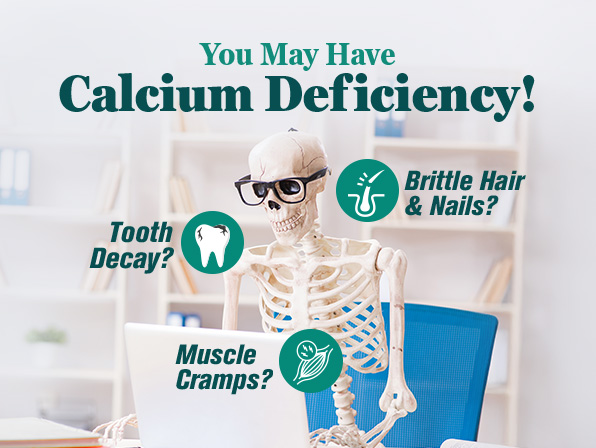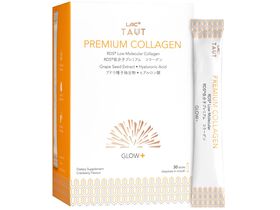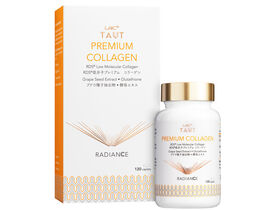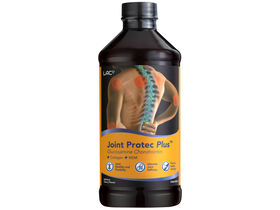Collagen
Collagen is the most abundant protein in the body, making up a third of the total protein composition. It is present in our muscles, skin, bones and tendons, working as a "glue" that helps hold the body together. It gives our skin strength and elasticity, and is responsible for the replacement and renewal of dead skin cells.
Collagen is well-known for its ability to support skin health, however there are also other roles in which it plays.
1. Skin - Firm skin, increase smoothness, renew and repair skin cells
2. Joints - Lubricate the joints so that tendons and ligaments move with ease
3. Nails and teeth - Strengthen nails and teeth as collagen is their building block
4. Cellulite or stretch marks - Improve skin's elasticity to reduce the appearance of cellulite and/or stretch marks
The body has the ability to produce collagen using amino acids. However as we age, the body's collagen production naturally slows down. As a result, it causes wrinkles, sagging skin and weaker cartilage in the joints surface. Other factors such as prolonged sun exposure, high intake of sugar and smoking can contribute to depleting collagen levels too.
There are three main types of collagen:
Type I: The main bulk of the body's total collagen and provides structure to skin, bones, tendons, fibrous cartilage, connective tissue and teeth
Type II: To promote joint and cartilage health
Type III: Usually found with type I, and mainly supports structure of muscles, organs and arteries
Common food sources include animal skin (e.g. pork, chicken) and bone broth.
Stay Inspired with Health Trends

Ready To Indulge In CNY Goodies? Before You Do, Read This!

2026 Wellness Reset: MORE Hustle, LESS Burnout

7 Secrets You Need To Stop Hiding From Your Health Advisor!

Movember Reminder – Let’s Talk Men’s Health👨🏻🦱🩺

Is Your 9-to-6 Weakening Your Bones? Here’s How To Fight Back!

Sedentary Lifestyle: The Hidden Hazard to Your Health

🏓Power Up Your Pickleball Game

Your Desk Could Be Dirtier Than A Toilet Seat 🦠

Weight Management at Work (that does not require eating salads 🥗)

The Bitter Side of Sweet: Sugar Speeds Up Ageing & Slows You Down at Work

Keep An Eye On It – Protect Your 👀 In The Digital Age

Is Your Child Driving You Crazy? Here Are 7 Supplements To Help You Stay Calm and Sane.

🌸 Happy Mother's Day

Ingredient Spotlight: Placenta and NMN

What is Revenge Sleeping Procrastination?

8 Tips For Building Mental Resilience In Your Child

7 Amazing Facts About Women

How Burned Out Are You?





